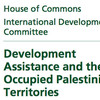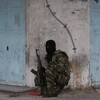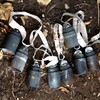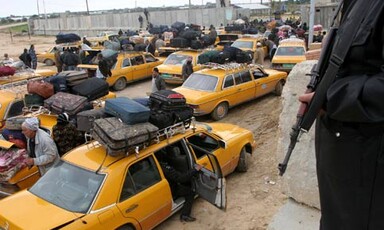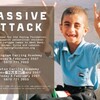
Massive Attack Announce Shows in Support of Palestinian refugees
2 February 2007
Massive Attack will play three benefit gigs in February 2007 in aid of the Hoping Foundation. Hoping stands for Hope and Optimism for Palestinians in the Next Generation. Established in January 2003, the charity is supported exclusively by private donors and public fundraising events, such as concerts and auctions. The charity was launched in order to offer support and encouragement to Palestinian children living in refugee camps in the West Bank, Gaza, Jordan, Syria, Lebanon and elsewhere in the Middle East. Read more about Massive Attack Announce Shows in Support of Palestinian refugees
